Sustainability was an often used word over the last decade and as we enter a new one, this will no doubt continue. But what does it mean and how does it affect Irish farming? Sustainability in agriculture can be viewed from financial, social and environmental contexts. Financial sustainability includes the issues of costs, price volatility, margin and competition. Social sustainability involves skills and labour, quality of life, succession, local community and urbanisation. Environmental sustainability includes environmental rules, climate change, farm management practices and protecting the environment for future generations.
The key measure at farm level in addressing both the environmental and financial aspects of sustainability is efficiency. Efficiency in our production system which will have both financial and environmental benefits at farm level.
Efficiency is doing what we do very well, whether it is soil and grassland management, breeding and herd health, monitoring energy usage, using renewable sources of energy, using the latest technology or effective use of feed and fertiliser – any improvement in these areas leads to better efficiency and in turn increased environmental and financial sustainability.
Further improvement
We are a country of five million who feed 50m and are already considered very efficient producers of nutritious food when compared with our global counterparts.
But there is significant scope for improvement and every small change at farm level to improve efficiency will have a positive effect on the overall sustainability of our sector.
In this feature we look at a number of case studies on how livestock farmers are improving their sustainability.
Also this week, we speak with Eirgrid CEO Mark Foley about issues affecting rural dwellers and discuss the moves Eirgrid are making around sustainability in their business.



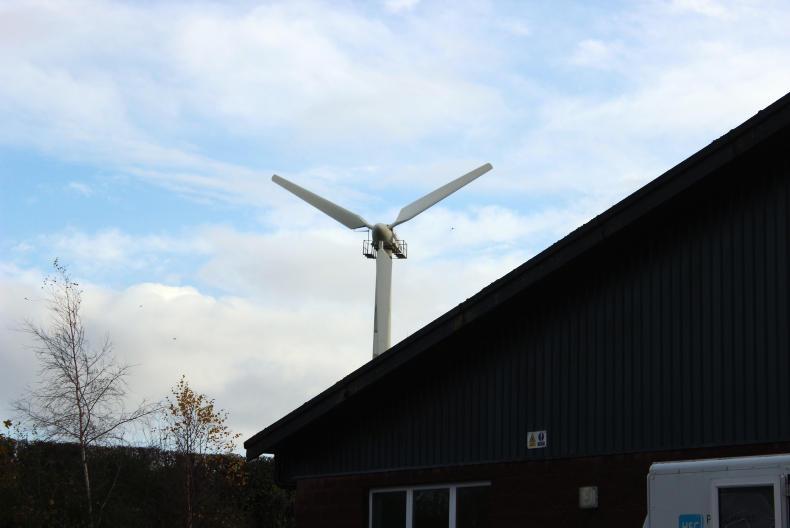

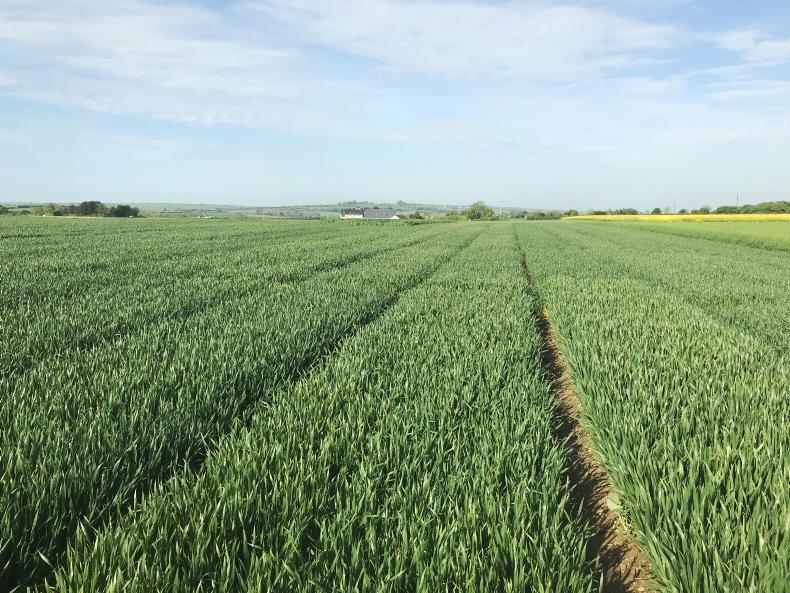

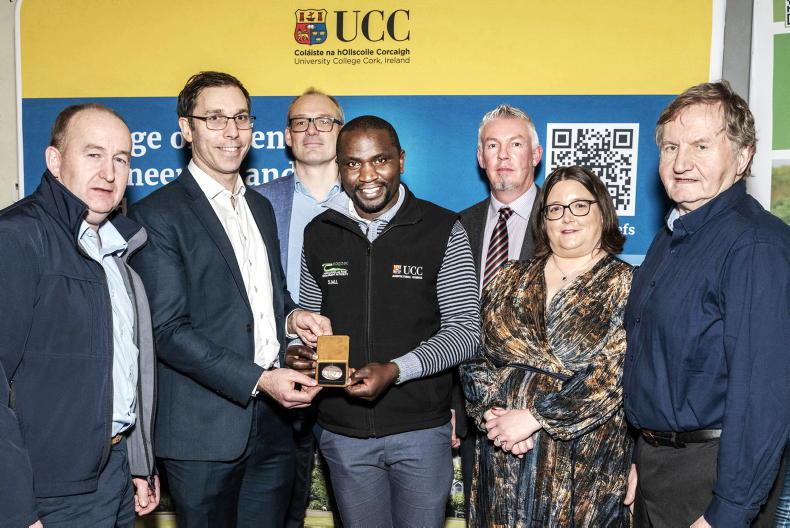
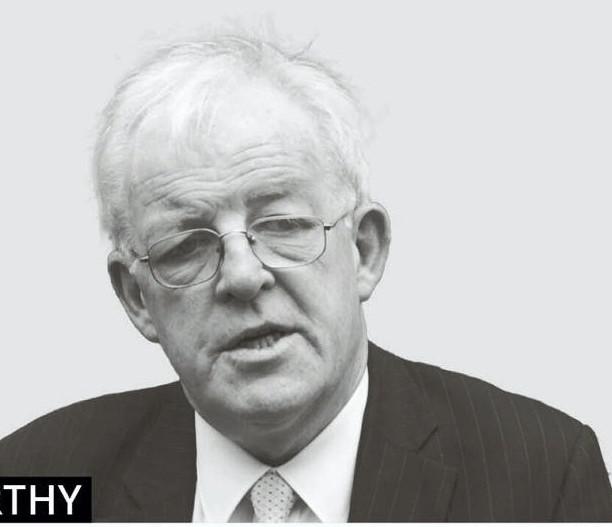
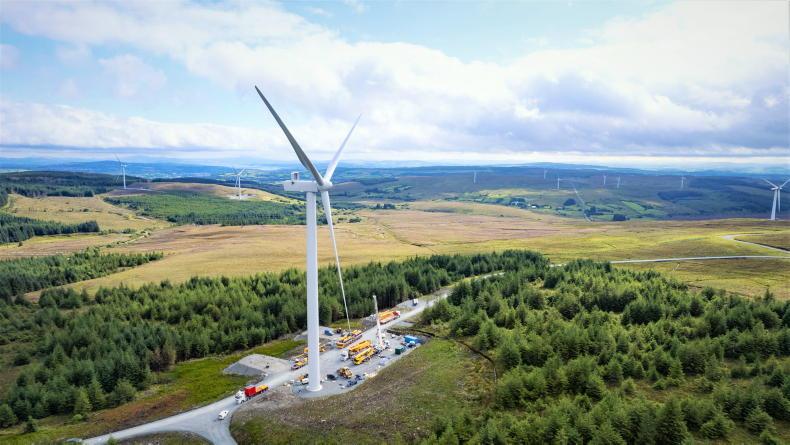
SHARING OPTIONS